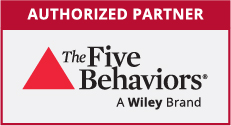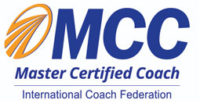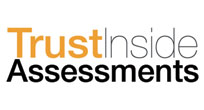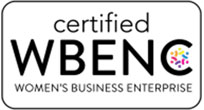All great, lasting relationships will encounter conflict. While conflict often carries a negative connotation, especially in the workplace, it can lead to growth when handled productively. Far from being a sign of team dysfunction, healthy conflict within teams can be a catalyst for innovation leading to stronger relationships. By exploring productive conflict, as outlined by Patrick Lencioni in the New York Times best-seller The Five Dysfunctions of a Team, we’ll uncover its profound significance within teams, unravel its dynamics, and examine its pivotal role in fostering a cohesive, high-performing team.
Here’s what Patrick Lencioni has to say about embracing the uncomfortableness of conflict: ” What matters on a team is that people are not afraid to speak up. They are not calculating the costs, or weighing the political ramifications. If something is worth disagreeing about, they will disagree. And that’s the type of conflict we are looking for. It’s not supposed to be personal and it’s not supposed to be negative, but it’s going to be uncomfortable. And we have to embrace that.”
Defining Productive Conflict
Conflict is the second behavior in The Five Behaviors® and is often considered taboo in the workplace. To foster productive conflict within a team, trust must be established. When there is trust, conflict becomes nothing but the pursuit of truth, an attempt to find the best possible answer. By productive conflict, we mean debate that’s focused on concepts and ideas but avoids mean-spirited, personal attacks.

Inadvertently, people often invest excessive time and energy in avoiding passionate debates, which are actually crucial for effective teams. However, teams that willingly engage in productive conflict tend to resolve issues swiftly and get to the best possible solutions. This type of ideological debate is a far cry from the destructive conflicts and politics that hinder some teams. Moreover, it proves more productive than halfhearted discussions where people withhold their true opinions, leaving critical but challenging issues unresolved.
Encouraging Constructive Conflict
When we acknowledge that conflict can be a force for good, we open ourselves up to new ideas and perspectives. By speaking up for our beliefs, considering the thoughts of others, and confronting issues, we can push ourselves to reach new heights of success. Developing the habits mentioned here will further help contribute to productive debates within teams.
What Productive Conflict Looks Like on a Team

However, having productive conflict on a team can be challenging due to fears and concerns that may hold us back. It’s crucial to be aware of these fears so we can start to overcome them. For example, some team members may be afraid that conflict could damage their relationships with their colleagues, so they may avoid challenging the status quo altogether. Recognizing and addressing these common fears is essential for getting to the best ideas possible.
Fears That Can Hold a Team Back

Taking Action to Build Productive Conflict
Productive conflict doesn’t just happen overnight. It requires active listening, respect for differing viewpoints, and a shared commitment to common goals. Team leaders play a pivotal role in cultivating an environment where team members feel empowered to express their opinions. By promoting open communication leaders can help their teams harness the power of conflict for better decision-making. Certain habits significantly aid in establishing productive conflict practices. For example, glossing over differences can lead to future problems. When all opinions aren’t expressed, teams may lack full commitment and buy-in to decisions.
Top Ways to Develop Productive Conflict

By engaging in productive conflict and tapping into a variety of perspectives and opinions, team members can confidently commit to a decision knowing that they have benefited from everyone’s ideas. Remember, productive conflict isn’t about personal attacks or animosity. It’s about robustly discussing concepts and ideas, pushing boundaries, and ultimately creating stronger teams. When productive conflict is treated as a crucial aspect of team culture, it drives the group towards achieving greater success and fulfillment in their endeavors. So, let’s encourage healthy debates and harness their power!
To learn more, connect with Laura A. Davis and Associates, your Everything DiSC and Five Behaviors Authorized Partner.











